Table of Content
Blog Summary:
Are you looking for the best software examples but can’t find the right guide? No worries, you’ve finally reached the correct destination. We are going to cover the importance of enterprise software development. Not only that, we will compare each example in both a tabular format and a detailed one. Let’s get going to discover the best 10/25 enterprise software examples.
Table of Content
Enterprises aspiring to develop softwares often find themselves in a dilemma – whether this will be a profitable idea? Where to find the right competitors who are already successful in this domain? Don’t worry, we have all the answers in this guide.
Did you know? A report by Statista suggests that the global enterprise software revenue is projected to reach $662 billion by 2028. This is indeed a huge number. Hence, developing enterprise software is becoming a major choice of investors right now.
Moreover, enterprise tools help manage and implement large-scale business operations. Let’s hop on to explore top enterprise softwares that are currently available. But first, let’s clear out the basics of enterprise software.
Enterprise software (ES) or enterprise application software (EAS) is a comprehensive term for software that helps manage critical business processes more effectively. It handles huge data sets and guarantees smoother processes.
Application areas of enterprise systems include accounting software, marketing, HR, sales, data analysis, payments, project management, and tailored apps.
There is a wide range of enterprise software solutions available on the market. Among them are universal software programs that entrepreneurs can use regardless of their specific operations, as well as specialized programs dedicated to specific industries.
You might be wondering about it. Let’s dissect the reasons why businesses use enterprise software today. Below, we have assembled some of the most important benefits out of many:
Enterprise app software saves considerable time and money. It also minimizes risk and helps automate many business operations.
This is another benefit of enterprise applications. These modern, large-scale apps are easier for operations supervision to ensure optimal performance and efficiency. Thus, anomalies and required updates will be resolved faster.
Enterprise apps also assist with smooth collaboration between different departments and clients. This ultimately improves transparency and boosts confidence through shared data and more effective methods.
Another advantage of developing enterprise software applications is that business data collection, analysis, and presentation become easier and faster.
Utilizing advanced enterprise softwares enables the organization to react promptly and more competently to the ever-evolving market. Hence, this enhanced business intelligence significantly augments competitiveness.
You Might Also Like:
Companies are increasingly focusing on automation, but with that comes a huge demand for software apps to assist with the functionalities. Let’s check some of the most sought-after types of enterprise software solutions:
In this type, software and hardware are installed on the company’s own premises. It offers high data control and personalization but requires substantial upfront investment and IT infrastructure.
Cloud-based ERPs are hosted and handled on a third-party server and are utilized by users over the Internet. This type provides more accessibility and fewer upfront investments. However, unlike on-premise ERPs, there is no data control or personalization.
You Might Also Like:
This type combines on-premise and cloud solutions. It allows companies to keep sensitive data on-site while utilizing cloud benefits for other operations. Hence, it presents greater flexibility but can introduce integration complexities.
Let’s move ahead with exploring the most trending curated list of enterprise software examples that are outperforming the market right now. These apps are closely categorized according to their key features, ratings, and best suited for which company types.
Take a glance at the table below:
| Software Name | Best-suited For | Software Category | Key Features | TrustRadius Ratings |
|---|---|---|---|---|
| SAP S/4HANA | Large enterprises with complex operations | ERP |
|
8.6/10 |
| Oracle NetSuite | Growing mid-size businesses and enterprises | ERP / Cloud Business Suite |
|
8.1/10 |
| Salesforce CRM | Sales teams, marketing & customer service | CRM |
|
8.7/10 |
| Microsoft Dynamics 365 | Medium to large enterprises | ERP + CRM |
|
7.8/10 |
| Moon HRM | Startups to mid-sized companies | Human Resource Management System |
|
8.5/10 |
| Tableau | Data-driven organizations | Business Intelligence / Analytics |
|
8.3/10 |
| Adobe Experience Manager (AEM) | Enterprises with digital marketing needs | Content Management |
|
8.5/10 |
| Slack | All company sizes focused on collaboration | Team Communication / Collaboration |
|
9.0/10 |
| Atlassian Jira | Software teams, agile project management | Project Management / Issue Tracking |
|
8.2/10 |
| IBM Maximo | Asset-intensive industries | Asset Management / EAM |
|
8.1/10 |
| HubSpot CRM | Small to mid-sized businesses | CRM |
|
8.4/10 |
| Google Workspace | Businesses of all sizes | Productivity / Improve collaboration |
|
9.1/10 |
Now, let’s directly jump into discussing all the enterprise software apps meticulously:
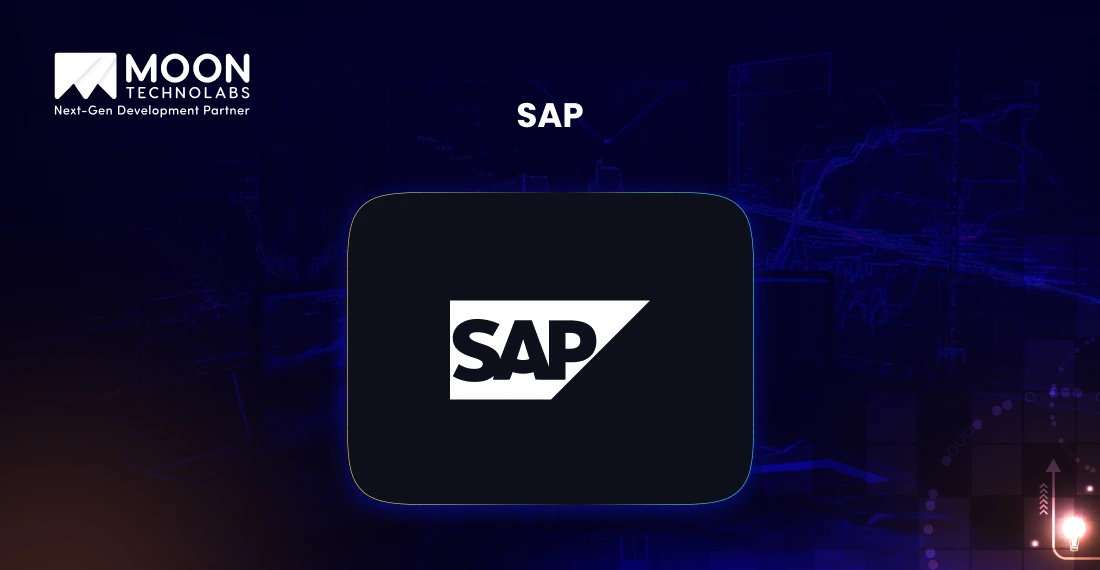
The initial name of SAP ERP software was Systemanalyse und Programmentwicklung (German), which translates to “System Analysis and Program Development” in English. This software solution integrates various business processes into a single system.
Companies utilize this multipurpose solution for manufacturing, finance, human resources, customer service processes, and supply chain. SAP enterprise resource planning attracts many organizations globally because of its tremendously powerful features and expandability.
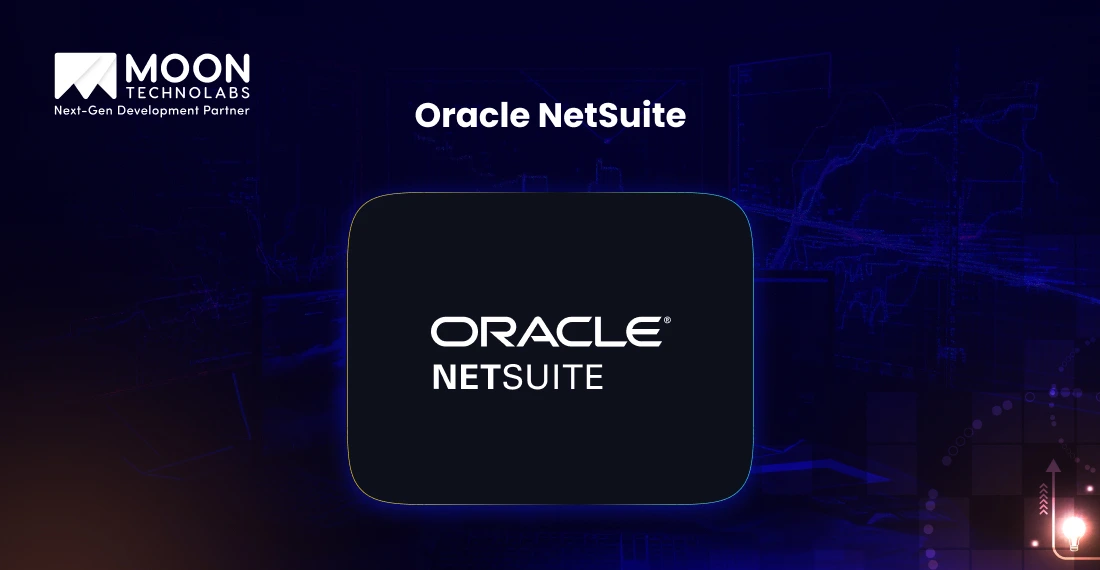
The Oracle NetSuite enterprise software example is accountable for supply chain management. It also helps you handle the complete product flow, from production to supplying and handling it to customers. Additionally, this ERP software empowers you to ascertain stock materials and resource allocation.
What are the perks of Oracle NetSuite for enterprises?
This app allows enterprises to manage their entire supply chain process in real time. You can get all the transaction-related notifications and other important work data directly on your account.
Oracle NetSuite states that the adoption of mobile scanning enhances supply chain efficiency through the automation of manual processes and improved process control. Therefore, this supply chain management software offers significant improvements by:
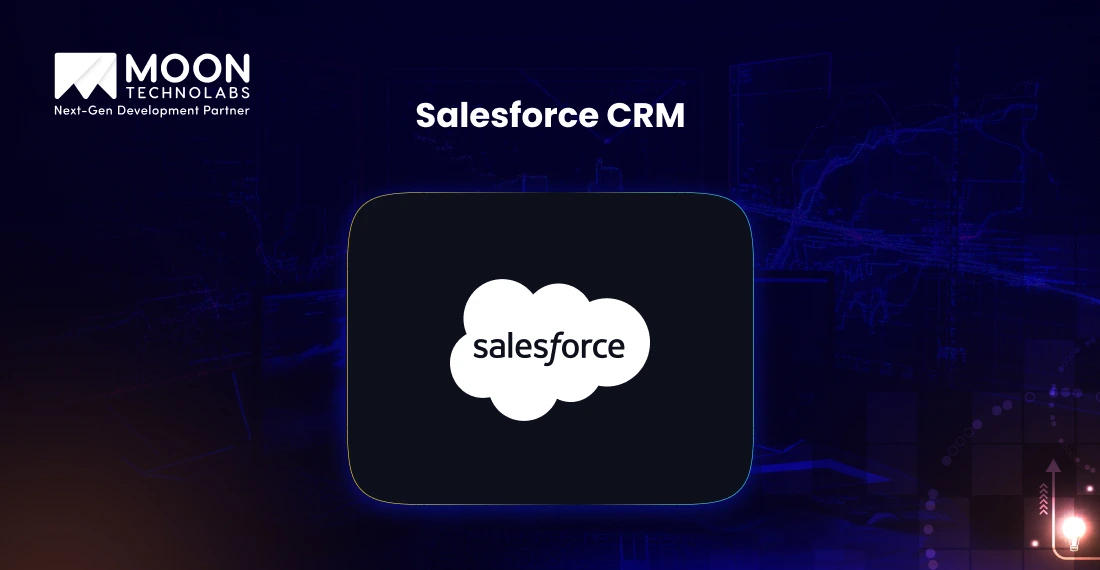
Salesforce is a highly advanced customer relationship management (CRM) software solution. It’s a cloud-hosted software organization that offers a complete package of apps called Customer 360.
Today, more than 15,000 businesses worldwide are utilizing this software for development purposes. The Salesforce software provides a unified view of customer data to the sales, marketing, customer service, commerce, and IT departments.
This shared insight helps you develop stronger relationships with your customers and employees. When your business processes are exceptional and ready-made solutions don’t meet specific standards, you can opt for custom CRM software development.
Moon technolabs will provide end-to-end development solutions tailored for your business. Get started with your project swiftly.
What are the perks of Salesforce CRM for enterprises?
Salesforce enables businesses to manage and enhance customer interactions, preferences, feedback, and shopping. It also helps streamline operations through intelligent workflow automation, productivity monitoring, and a centralized database, which leads to greater turnover.
Salesforce also encourages customer retention rates through personalized interaction and services, depending on individual customer information.
Businesses can effectively plan and implement marketing campaigns through integrated tools for emails, customer segmentation, and social media management. Moreover, the dashboard helps monitor and examine data insights into record sales and buyer patterns.
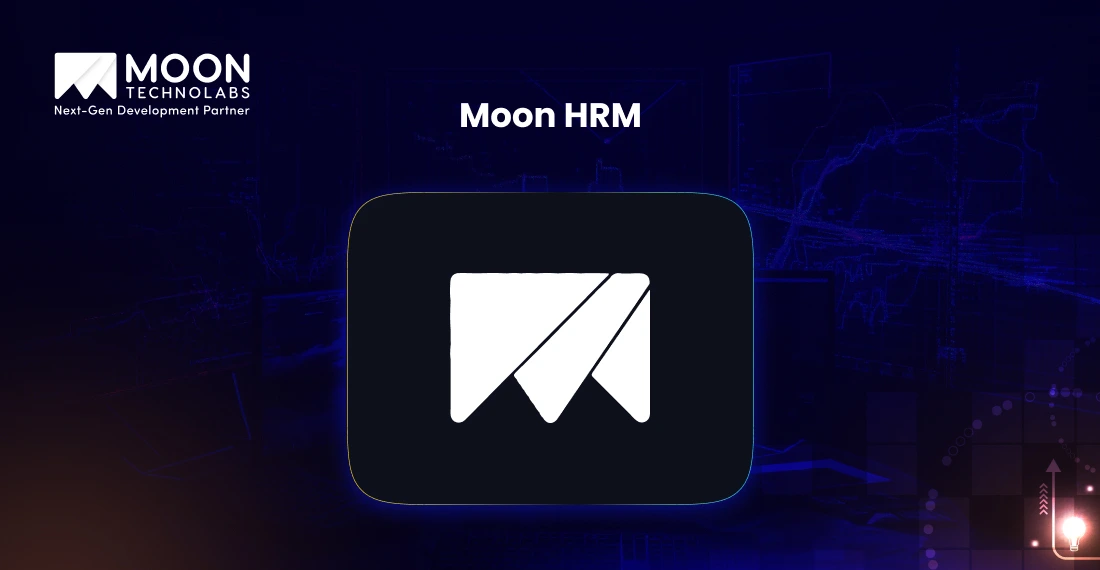
Moon HRM is an enterprise Human Resource Management (HRM) software solution. The platform is designed to automate a wide range of HR processes for businesses of all sizes, from startups to large corporations.
It’s particularly well-suited for companies with more than 10-15 full-time employees, aiming to modernize their human resource operations and boost productivity.
What are its perks for enterprises?
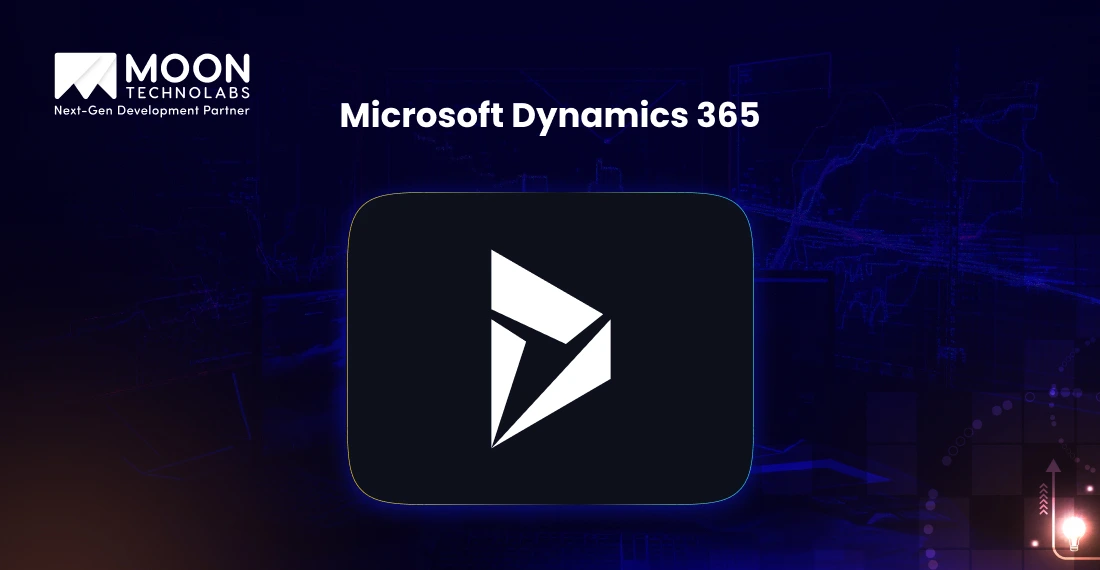
Microsoft Dynamics 365 is an ERP business software that aims to help many entrepreneurs manage their companies. They can also stay informed about their customer information, boost conversions, provide superior services, and fix problems promptly.
What are its perks for enterprises?
This ERP system provides a handy solution for facilitating e-commerce, distribution tasks, repository management, and many other core functions. All this is done even when not connected to the Internet.
Hence, this Enterprise app draws the attention of many business personnel to reap its benefits.
As of 2025, many elite organizations are utilizing Microsoft Dynamics 365. These include Dentsply Sirona, Amazon Web Services (AWS), Vanguard, and Chevron. These and many other apps of Microsoft Dynamics 365 have enabled organizations to allocate resources adeptly.
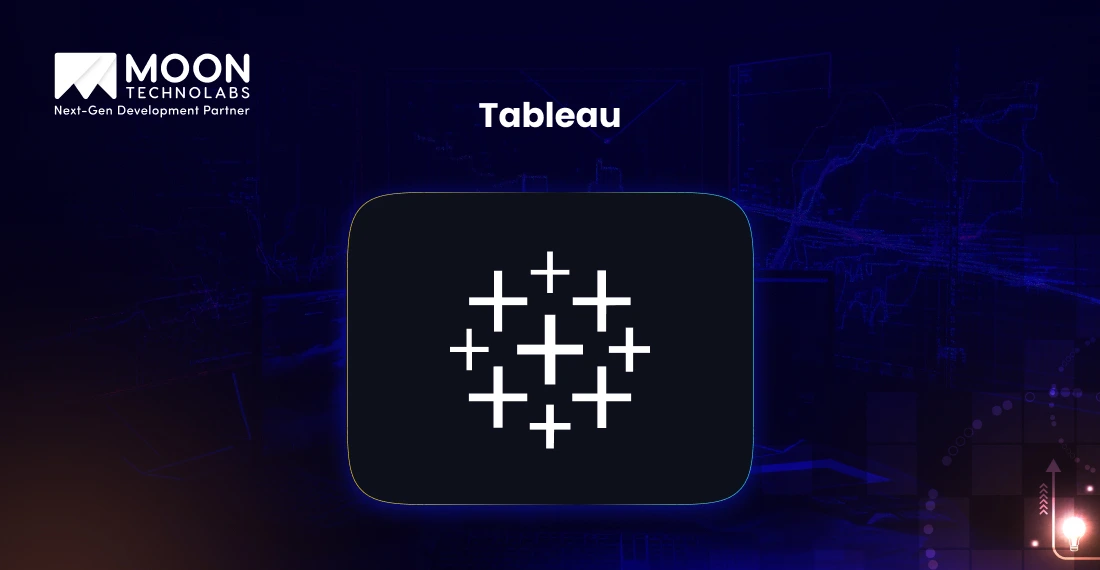
Tableau is a popular data visualization and business intelligence tool that is changing the way we solve issues. It encourages people and companies to make informed decisions based on data analytics.
The key features of Tableau enterprise software are:
What are its perks for enterprises?
Tableau lets you make informed decisions based on data management and stimulate business growth. Moreover, it allows seamless collaboration by sharing visualizations to quicken decision-making.
Businesses can also gain a complete data perspective by connecting to various sources. Lastly, Tableau enables you to secure your business data with robust security features.
You Might Also Like:
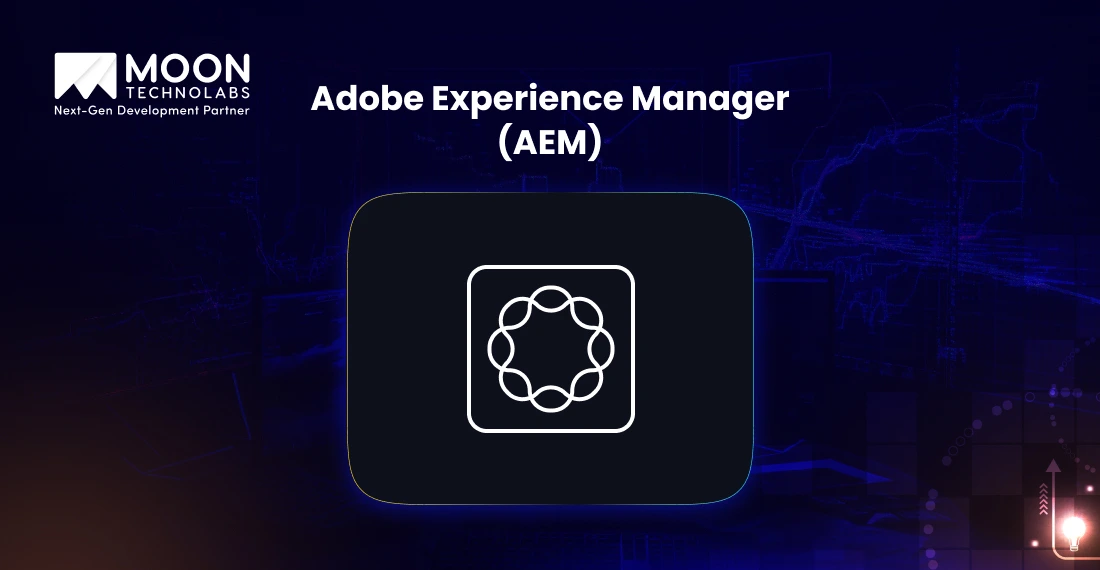
Adobe Experience Manager (AEM) is an enterprise software platform that unites content management system (CMS) and digital asset management (DAM) features. Larger enterprises extensively use it to control and deliver digital experiences across different channels, such as websites, mobile applications, and forms.
What are its perks for enterprises?
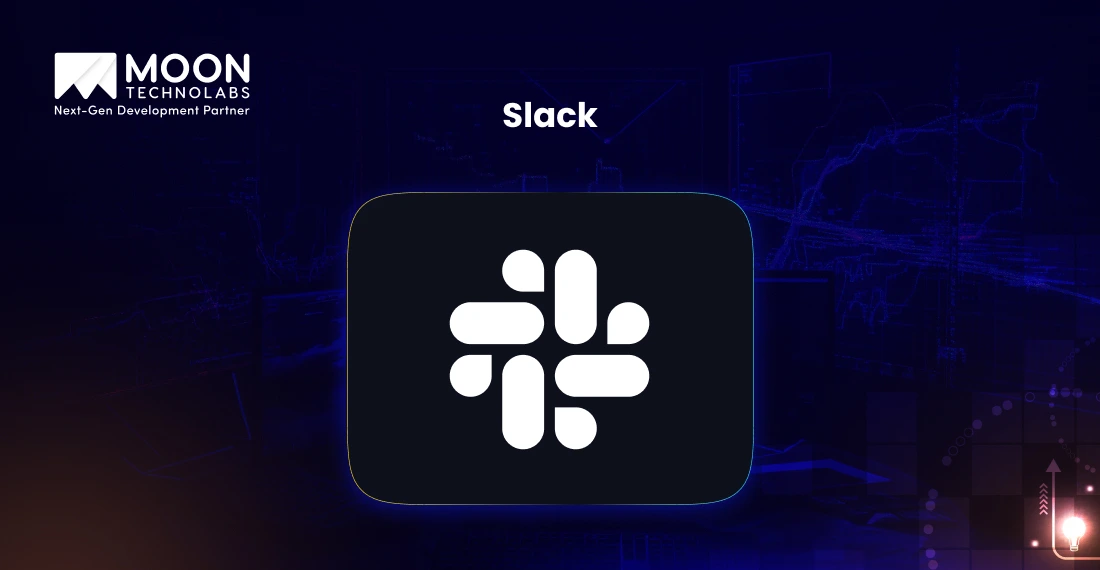
Slack is also an interesting enterprise software application. It provides robust functionality and is well known for its centralized connectivity among numerous businesses across different industries.
Departments particularly value the user-friendly interface and the ability to facilitate data exchange within dedicated subject channels. Moreover, Slack is a feature-rich platform that equips businesses with direct chatting capabilities, secure file sharing, and built-in video conferencing.
It also incorporates helpful features like appointment reminders, timely automatic notifications, and extensive integrations with countless other applications. Hence, it becomes easier to solve issues and organize effectively as there will be direct team interaction.
Moreover, Slack possesses integration capabilities that enable it to function as a central project management platform. This also enhances work organization and empowers teams to utilize time more effectively to reach their productivity goals.
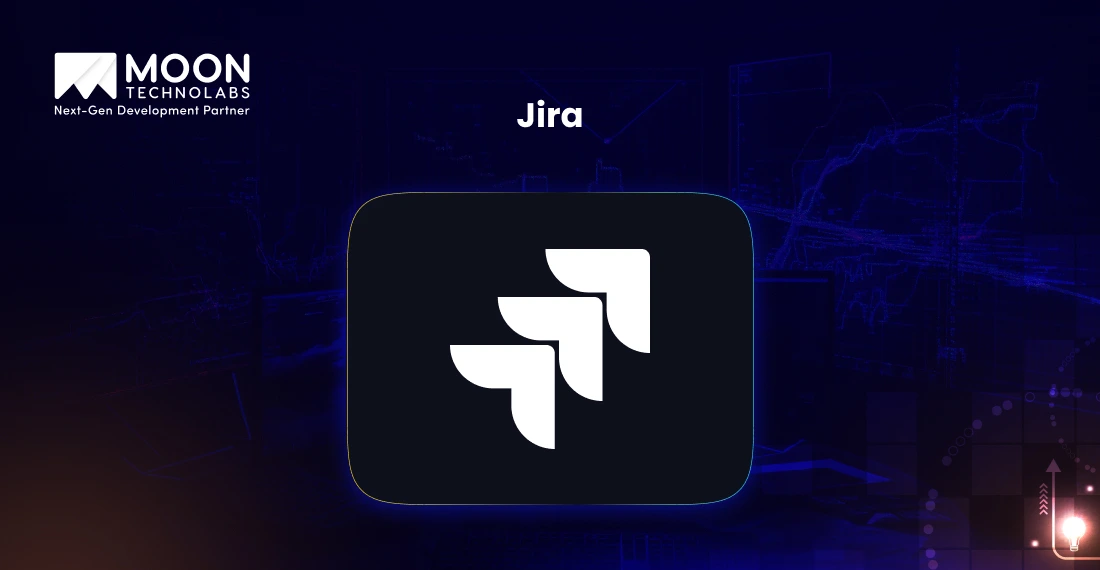
It’s a well-known project management software built by Atlassian. Teams around the world rely on this top agile project lifecycle management tool to confidently plan, track, release, and support their software.
The Jira software acts as the centralized repository for your entire software development lifecycle. Hence, it helps autonomous teams work quickly and stay aligned with broader business objectives.
It also facilitates simple project management as well as robust DevOps practices. Thus, Jira software enables teams to advance work, maintain alignment, and communicate effectively within context.
More than 65,000 organizations worldwide have incorporated Jira Software. This comprehensive solution is mainly recognized for its adaptable project support and integration capabilities.
What are its perks for enterprises?
The Jira project management software ensures projects are finished on time and within the competitive range. It also allows for effortless bug resolution, leading to a better final product. Businesses can design custom workflows to manage tasks efficiently, directly improving their team’s productivity.
Additionally, the software allows you to access real-time reports to monitor project performance and identify areas for improvement closely. Businesses can easily integrate Jira with other Atlassian products and a wide range of third-party applications.
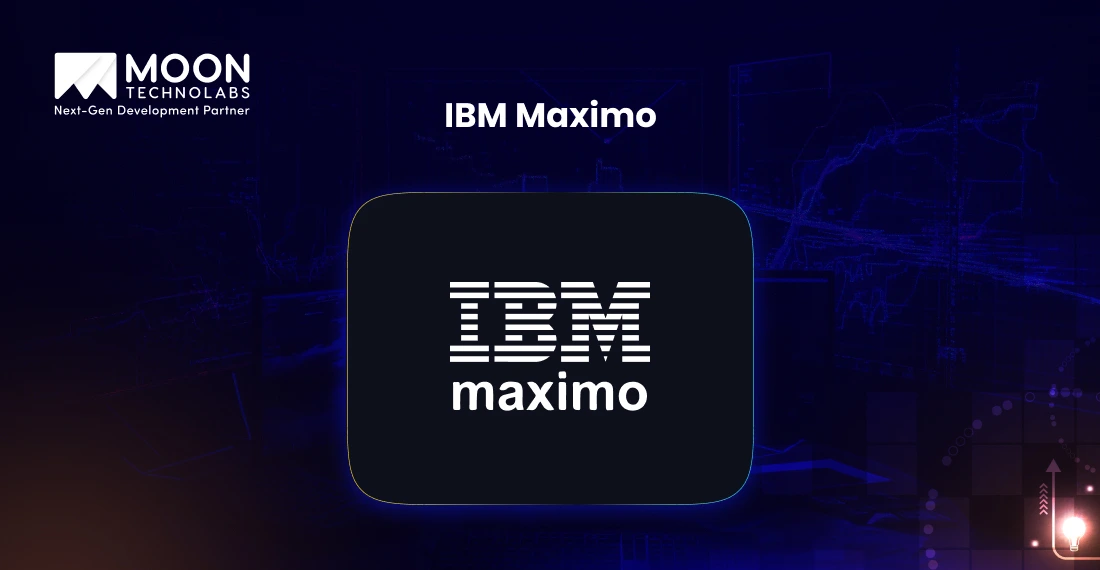
Another one is IBM Maximo, a prime enterprise asset management (EAM) software platform. It is used to manage the entire lifecycle of physical assets. Everything from acquisition and maintenance to disposal across various industries, like manufacturing, utilities, transportation, and facilities management, is included.
What are its perks for enterprises?
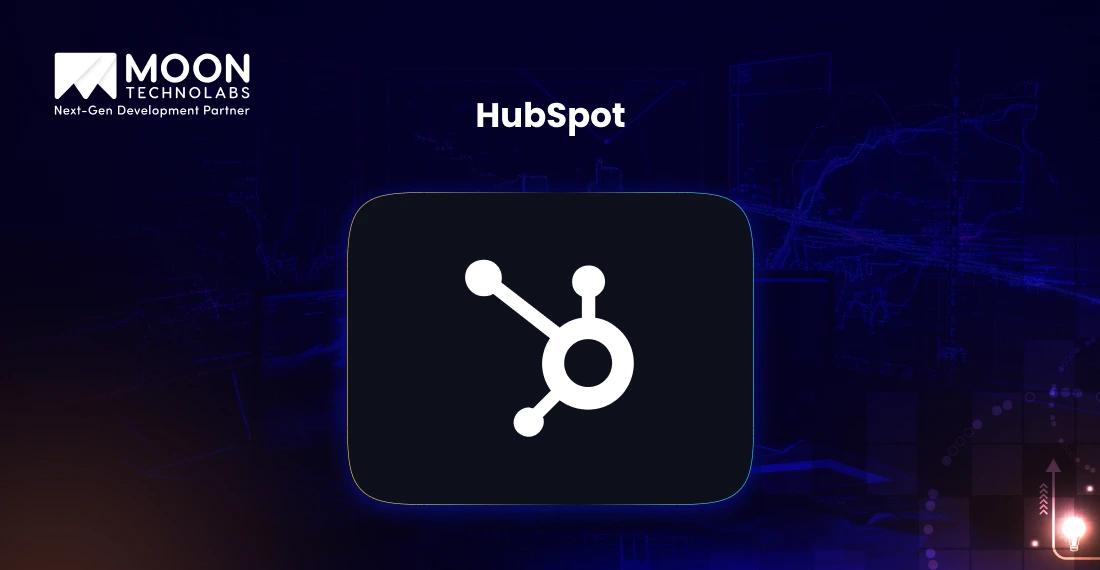
This enterprise software example efficiently handles sales, customer service, and inbound marketing. It is a customer relationship management (CRM) tool that facilitates creating niche-based marketing drives. Moreover, its key features are email monitoring, real-time chatting, and appointment scheduling to streamline and automate tasks.
A Hubspot statement reveals that approximately. 62% of marketers are utilizing built-in CRM apps for marketing purposes. Moreover, as digital marketing gains prominence worldwide, custom CRM implementation is becoming increasingly important.
What are its perks for enterprises?
The HubSpot app promotes customer engagement through its strong feature set and tools. Hence, it proposes increased cross-team partnerships and outreach management, especially for sales processes. Furthermore, the HubSpot app allows you to access your work from any location.
Thus, you can easily set priorities for each task and plan your day accordingly. The HubSpot account synchronizes with the mobile directly to avoid checking in regularly. Hence, it also allows the teams to collaborate with the customers easily.
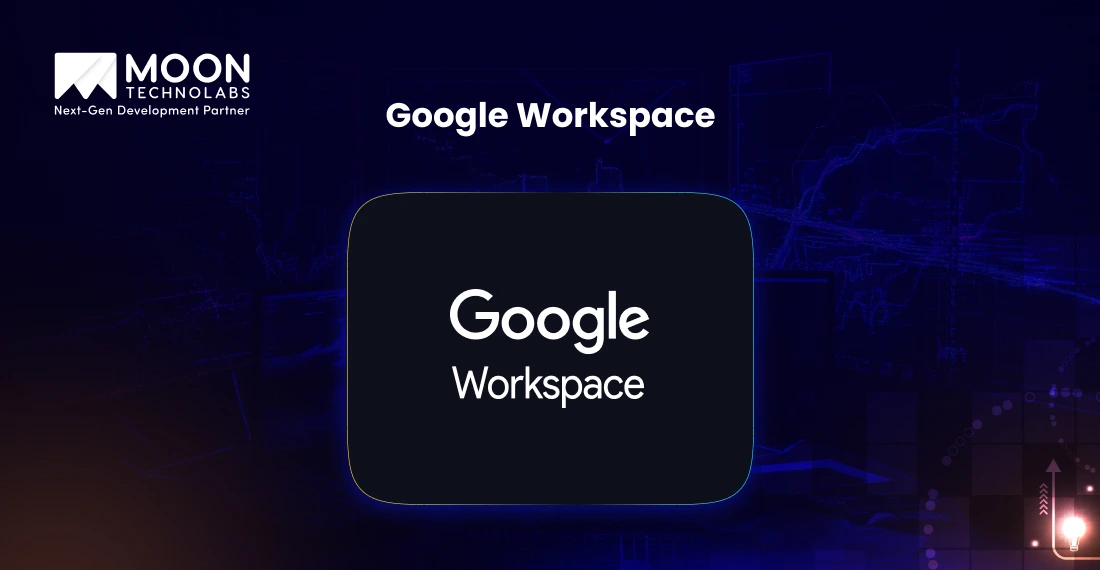
Google Workspace enterprise software is a complete cloud-based productivity and collaboration suite designed for all business sizes, but is largely built for large corporations.
Its primary offerings include Google Drive, Chat, Meet, Gmail, Docs, Sheets, Slides, and Calendar. It adds advanced features for security, compliance, administration, and scalability that are essential for enterprise-level operations.
What are its perks for enterprises?
Enterprise software provides various benefits that substantially change the business processes and core capabilities. Let’s check them out:
Through enterprise software, businesses can effectively automate various functions by eliminating labor-intensive tasks. This accelerates business activities and makes workflows systematic.
As a result, there will be greater operational efficiency, fewer errors, and a more flexible response to economic changes. For example, ERP software can integrate finance, HR, and supply chain operations. This leads to seamless data flow and process execution across departments.
Enterprise software offers a holistic view of business activities by consolidating data from different sources into a single platform. Advanced analytics and reporting features authorize decision-makers with accurate, real-time insights. This allows them to identify trends, predict results, and make informed strategic decisions based on concrete data.
Automating routine tasks allows employees to focus on more strategic and value-added activities. Enterprise software also allows optimizing resource allocation and better collaboration. This leads to increased individual and team productivity, which translates into faster project completion and overall operational excellence.
CRM software, a common type of enterprise software, helps businesses understand and effectively cater to customer needs. Hence, it promotes improved customer satisfaction and loyalty. Similarly, HR management systems streamline employee-related processes, enhancing employee experience, engagement, and retention.
Enterprise software is mostly scalable, so that companies can easily grow and adapt to the changing market requirements. With the organization expanding, the software also accommodates the increased data volume, users, and functionalities.
Furthermore, modern enterprise solutions are built with integration capabilities. This allows for seamless connection with other existing systems and applications to create a unified IT ecosystem.
The enterprise software development world is undergoing radical change, driven by a convergence of modern tech stacks. A few key trends will redefine how businesses operate and innovate in the near future.
Artificial Intelligence (AI) and Machine Learning (ML) will lead the way to be embedded within enterprise applications. It will allow for hyper-automation, predictive analytics, intelligent decision-making, and personalized user experiences. Particularly, Generative AI will see widespread adoption for content creation, code generation, and sophisticated task automation.
Another one is Cloud computing platforms, which will continue to dominate as the shift towards industry-specific cloud platforms increases. It will offer custom cloud solutions with built-in compliance and specialized analytics to accelerate deployment.
Hybrid and multi-cloud strategies will go mainstream. A rise in edge computing will also be seen for real-time data processing.
Low-code/No-code (LCNC) development is becoming increasingly prominent as it allows business users to create applications with minimal coding skills.
Composable Architecture is also gaining traction. It breaks down monolithic applications into smaller, independently deployable microservices. Due to this flexibility, it becomes easier and resilient to foster integration of new technologies.
Cybersecurity will become a non-negotiable priority as AI-powered security solutions become standard to combat increasingly sophisticated cyber threats. DevOps practices will also be important, integrating security throughout the development lifecycle.
Our dedicated team at Moon Technolabs ensures the success of your enterprise application development.
It’s an era of digitalization, and companies can’t neglect the use of enterprise applications in many different sectors. This blog consisted of the top examples of enterprise softwares from various categories. All the software systems are utilized by small to large-scale organizations.
These expedite and make workflow more effective in human resource management, CRM, project management, ERP, accounting, and more. Moreover, the enterprise software solutions automate repetitive tasks so that resources can focus on completing more complex tasks. As a result, productivity and cost efficiency will increase.
Do you need any help developing your enterprise software, or are you looking to hire top developers? Contact our experts to get started with your project.
01
02
03
04
05
Submitting the form below will ensure a prompt response from us.